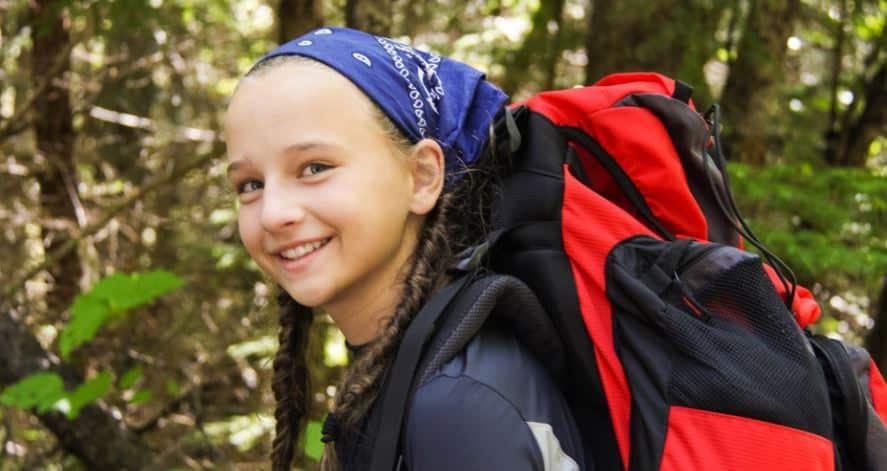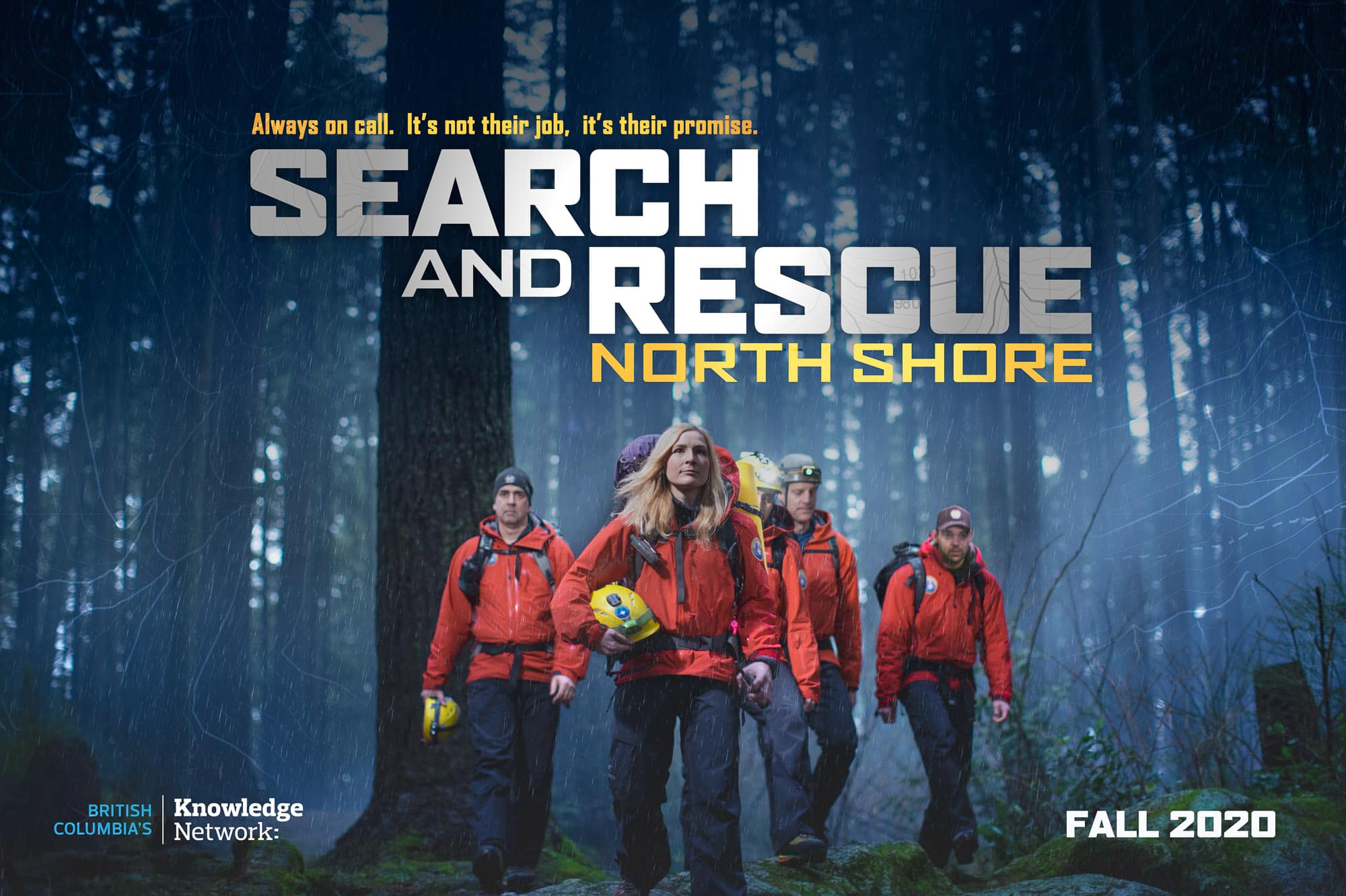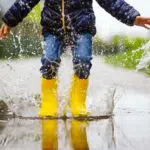

In the great outdoors, as the seasons change, so do the dangers. It’s important for every parent to instill outdoor safety skills in their children when they are young to avoid hazardous situations and enjoy their time outside.
To help guide your children in outdoor safety, Vancouver’s volunteer search and rescue team North Shore Rescue (NSR) and AdventureSmart are here to offer tips and tricks to help you prepare for your next wilderness adventure with your family. Responding to hundreds of calls each year, the brave men and women of NSR risk their lives daily to keep the people of B.C. safe. AdventureSmart offers a variety of youth programs geared towards outdoor safety, including Hug-A-Tree and Survive for children aged 5–11, and Snow Safety & Education for children aged 9–11, along with their Survive Outside Program.
With more families heading into nature during the pandemic and conditions changing as the Winter season arrives, it’s important to know the land and be prepared to prevent accidents when embarking on any outdoor activity. Anytime you are ready to head out into the outdoors with your family, always remember to practice the 3’T’s: Trip Plan, Train, and Take the Essentials.
TRIP PLAN
It is vital to always plan and thoroughly research your route and activities. Determine in advance where you are going, how long it will take, survey the terrain you could encounter, and determine if the activity or route selected will be suitable for all members of your family. Before you depart, always let other family or friends know where you are going, your trip plan, and when to expect you back, so they have the information handy should anything go sideways on the trail and they will know when to call for help. In many instances, people do not have cell coverage and don’t get reported missing until really late at night when they do not return home or even for a few days until they miss work or functions.
TRAIN
Ensure that you and all those going with you have the appropriate training and skills for the destination and the objective. It is especially important when hiking with small children to take their skill level into account before heading out.
Outdoor safety education is key to keeping children safe and ensuring they grow up enjoying the outdoors responsibly. Making sure your child knows what to do should they become separated from you or lost ensures they can be found and protect themselves. Should your child get lost, they must understand that they need to stay in one place. Finding a tree and hugging it helps to do this and shield them from the elements. Tell your kids always to layer up if they start to feel cold and answer calls by yelling should they hear their names.
TAKE THE ESSENTIALS
Always plan for what might happen, not what you think will happen. Essentials will change depending on the season and weather conditions. The weather changes fast in the mountains, so always bring a rain jacket, puffy, and toque to stay warm. Always wear hiking boots if you are hiking – running shoes are not appropriate and are the reason for many ankle sprains and breaks.
There are 10 essentials to bring on every hike! The below list assumes you and your kids are already wearing appropriate footwear (hiking boots, not runners).
- Light – a flashlight or headlamps with extra batteries
- Signalling Device – this includes a whistle, Bear Bangers, and pencil flare
- Fire Starter – matches or lighter
- Warm Clothes – hat, gloves, puffy jacket, hiking socks, etc.
- Pocket Knife – a multi-tool is recommended, but a pocket knife will do
- Shelter – large orange plastic bag and thermal tarp
- Water and Food
- First-Aid Kit
- Navigation Device – good quality compass
- Communication – cell with a fully charged battery. It is wise to keep the phone turned off and stored in a ziplock bag. This way, if you get into trouble, your phone will be dry and have a full charge. Many people manage to call 911 initially, but their phone dies before their location can be relayed, not a desirable situation, especially when with children.
You can catch NSR in action in the upcoming 5-episode docu-series Search and Rescue: North Shore, premiering on November 10th at 9:00 pm PST on Knowledge Network. The series showcases some of the common issues that can arise while out in the wild, from daring helicopter mountain rescues to retrieving lost hikers and administering first aid. The series will be available to stream for free across Canada at www.knowledge.ca and on the Knowledge Network app. For a taste of the excitement, check out the trailer here.

Interested in learning more about outdoor safety, visit North Shore Rescue’s Education page or AdventureSmart’s website. Follow NSR on Instagram (@northshorerescue), Twitter (@NSRescue), and Facebook (@NorthShoreRescue). Follow BC’s AdventureSmart on Instagram, Twitter, and Facebook at @BCAdvSmart
Related Stories

Back-to-School Countdown: 10 Fun Can’t-Miss Events and Activities Before Summer
Whether you're looking to create lasting memories or simply make the most of the remaining vacation days, we've put together a list of some can't-miss events and activities before summer ends for you.

Sunkissed and Smiling: Top 10 Summer Activities to check out
Whether you're at home or venturing out, here are the top summer activities that will have your whole crew feeling sun-kissed and smiling.







